
The Scrum Master is one of the most important roles of Scrum. It takes years to master this role and interacting with others serving in the same role can advance one’s progress. While there are many ways to grow into the journey of Scrum Master, and here is a link to my previous blog post discussing this (http://agilonomics.com/an-ideal-career-path-for-a-scrum-master/), one of the things that can help a lot is working as a community, popularly known as the Community of Practice for Scrum Masters, or Scrum Master COP. In this article I will share with you my experience for the past 15 years, In which I facilitated the Scrum Master COP for many teams, departments and organizations. I will also share with you how I made these practices engaging and successful.
The first step of the community of practice would be to start with an invitation that helps the scrum masters in your group or department understand the value of coming together and sharing success stories, challenges, learning from and growing together.

Logistical guide to hosting community of practice meetings: The very first Community of Practice session should include a game to bring out topics of interest and prioritizing them. I have often played an Agile game called “Thirty Five”. This game needs all scrum masters present to write one topic of their interest on a piece of paper and put it in the middle of the table. All cards are mixed up and everyone gets to pick a random card (ideally a card other than the one they wrote).
The scrum masters are then split into pairs, where they converse and discuss the cards that they picked. They have to agree to split the number 7 between the two topics, using only integers. The value given to each topic depends on how important they are in relation to each other. For example, the split could be 4 for one topic and 3 for the other, 7 and 0, 6 and 1, 5 and 2 and so on. After agreeing to the value distribution, the two members exchange the cards and repeat the process 4 more times with 4 other scrum masters. If a topic was very hot and important for all, it could get 7 from all conversations in each round. 7 x 5 rounds equals 35, and that’s how the game gets its name.
Next, bring all the cards together and prioritize them based on the voting by the community. This gives you an organic way of getting a prioritized list of topics with everybody’s buy in. In the very first community of practice, you may briefly want to summarize the result of this game, what each topic means, the number of votes each topic has, and some conversation about the process and how it can be improved.
In the subsequent Community of Practice sessions, consider discussing topics from the prioritized list beginning with the most important one at the top (with the most votes), and have deep dives. I recommend the frequency of these COP meetings should be between 1 to 4 times a month (once in two weeks is an ideal when possible).
How do you do deep dives (diving deep into a topic)? Remember, this is a community of practice, not one person doing it all. You have to engage the participants, make sure that everybody contributes and learns from the deep dive sessions. You can ask for volunteers among scrum masters who want to come prepared for the topic that will be discussed in the next COP session, and they can start by sharing what they have prepared. This process should always have a format which starts with playing an ice breaker game or “checking in”, diving deep into the topic, having engaging conversations, and coming out with takeaways. Takeaways become a powerful tool for reflection and transformation.
As a facilitator of the COP (this role is ideally rotated), you can take some notes and publish this as an internal document on a confluence page or google drive, and share it with everybody. The sharing part is important because even the people or scrum masters who were unable to attend the COP session can review and benefit from the notes.
document on a confluence page or google drive, and share it with everybody. The sharing part is important because even the people or scrum masters who were unable to attend the COP session can review and benefit from the notes.
As an Agile Coach transcribing the notes and adding additional examples and personal experience helps add value to the document which is appreciated and utilized by the scrum masters.
When you facilitate the Community of Practice for other teams or departments, it would be highly beneficial to empower a local scrum master to keep the group together, making sure people are receiving and responding to the invites and that they are helped to overcome the impediments to be able to attend the COP. Some examples of impediments could be an urgent meeting coming up, or having too many things on their plate, etc.
 Try to secure a budget for food. It is very easy to get more participation if food is offered during these meetings. For one company I would do this for each site between 12:00 to 1:30 PM, which would overlap with the lunch time, sponsored by the leaders which helped increase participation.
Try to secure a budget for food. It is very easy to get more participation if food is offered during these meetings. For one company I would do this for each site between 12:00 to 1:30 PM, which would overlap with the lunch time, sponsored by the leaders which helped increase participation.
Although this is the community of scrum masters, feel free to open it to other passionate Agilists who work with the Scrum Masters, such as Product Owners or other team members. They appreciate it and provide unique contributes. It is exciting to see passionate people engaging together. All of the participants may not have gotten the chance to play the Scrum Master role yet, but may get inspired to do that in the future after being exposed to this practice.
Scrum Masters, such as Product Owners or other team members. They appreciate it and provide unique contributes. It is exciting to see passionate people engaging together. All of the participants may not have gotten the chance to play the Scrum Master role yet, but may get inspired to do that in the future after being exposed to this practice.
How to engage the participants in the Community of Practice? Do not bore the people with long lectures. Guide the lead who is owning the particular topic they would be driving in the next COP with some ideas of engagement. One of the most popular formats I have had success with is the use of 10-15 minute breakout session in which people have conversations in small groups (2-4 small groups) to digest what they have learned or to answer some questions before going into the next phase of discussion. A lot of positive feedback has been received with this format, because, as human beings, we love to connect with each other to resolve the common issues.
 Another popular idea is to invite external speakers once in a while to your COP meetings. I’ve done this many times. At one company, I was organizing the COP at 4 different sites: San Francisco, San Mateo, San Diego and Los Angeles. Every once in a while, I would invite someone from the local city that was an Agile leader to come and share their knowledge on a particular topic, either dynamically selected or from the prioritized list.
Another popular idea is to invite external speakers once in a while to your COP meetings. I’ve done this many times. At one company, I was organizing the COP at 4 different sites: San Francisco, San Mateo, San Diego and Los Angeles. Every once in a while, I would invite someone from the local city that was an Agile leader to come and share their knowledge on a particular topic, either dynamically selected or from the prioritized list.
Occasionally, I would take a whole group of my scrum masters to visit a different company to experience their Agile culture and environment. For example, I took my scrum masters from San Mateo and San Francisco PlayStation offices to the Spotify office in San Francisco. The coming together and sharing with learning was appreciated by all.
Although you do have a prioritized list of items to be discussed, every once in a while you can take a break from that list and organize Lean Coffee – a popular technique to discuss several issues in a timeboxed manner. Lean Coffee is actually also a tool which unfortunately, now requires a fee. It is a technique popularized by the rules of the tool by the same name, where everybody puts their quick ideas or topics that they want to discuss or share, and the amount of time they want to discuss those ideas for. The people vote among those ideas, and get a local prioritized list of topics to discuss for that COP meeting. You go from the top of the list, timeboxing the discussions. If the timebox expires before the discussion is over, get a vote of thumbs to assess the need for further discussion or the group can move on to the next topic, and so on.
This divergence from the initial prioritized topics provides the agility for the group to discuss issues that could be more meaningful at that particular time.
In conclusion, Community of Practice Meetings are a platform for powerful collaboration for Scrum Masters to share and receive knowledge, ideas for tackling challenges which helps to contribute to their team effectiveness and Agility. How do you run your Community of Practice for Scrum Masters? What challenges have you faced? What are your measures of success?
Amitabh (Amit) Sinha is a servant leader entrepreneur, visionary, mentor, trainer and coach. Amit is highly passionate about Agile, its principles, values, and the human side. Amit is a people champion and strives to bring out the best in his teams. Amit leverages his expertise in Agile, Scrum, Kanban and people skills to increase team effectiveness and happiness. See more

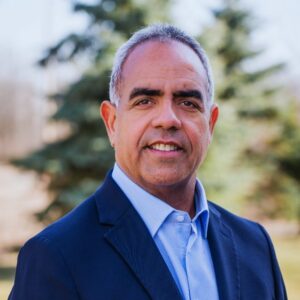

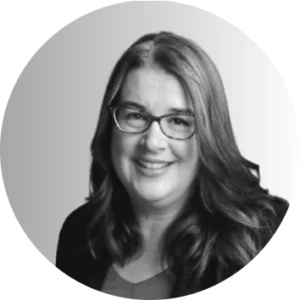
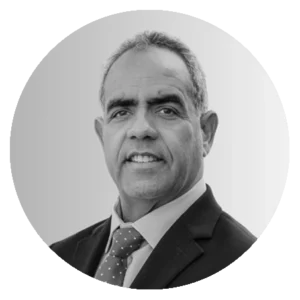

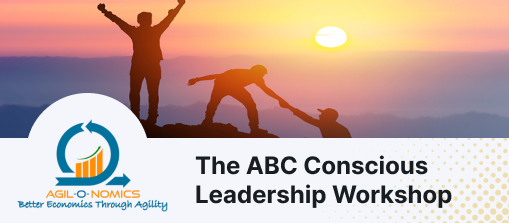

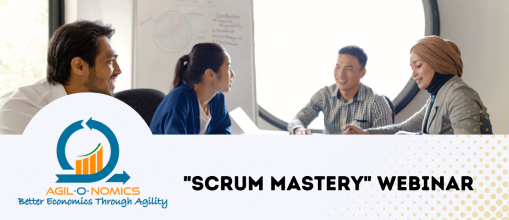
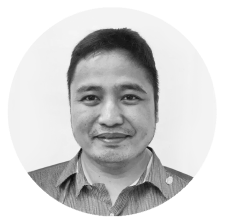

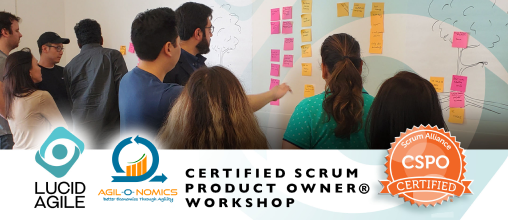




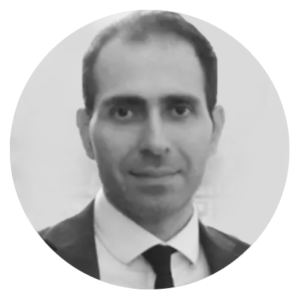






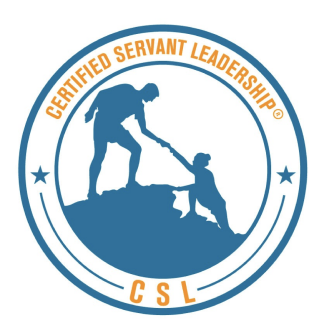

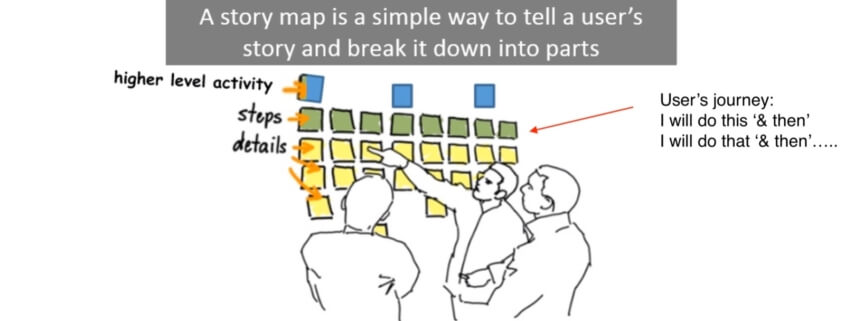
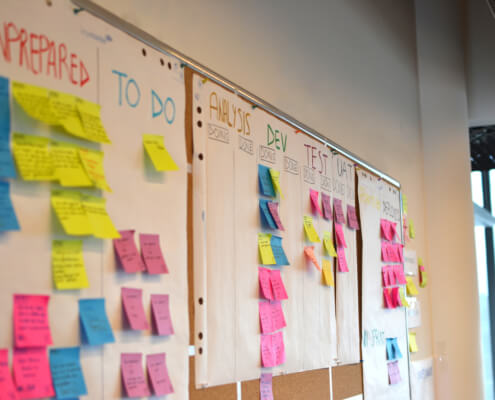
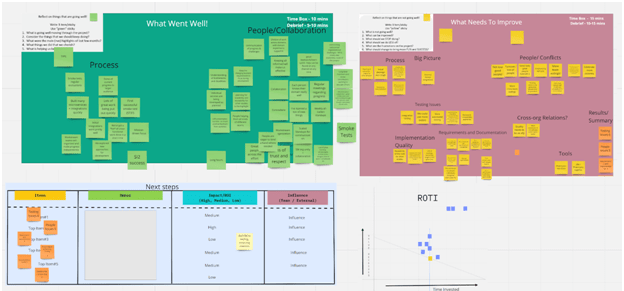



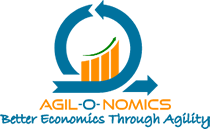
Thank you for calling GoDaddy hosting support!
Thanks for your views on COP for SMs. Do you also have ideas on how to enable Product Owners for similar COP meetings? What about how to do this for remote teams?
Thank
Al